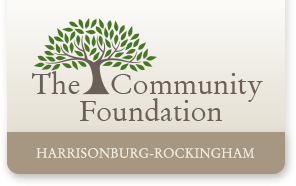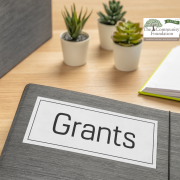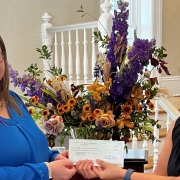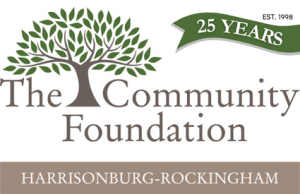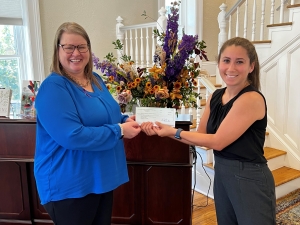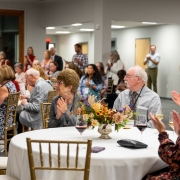Philanthropy keeps your clients sticky
Philanthropy keeps your clients sticky
Regardless of your business or industry, retaining your clients or customers is a key to success. And as the saying goes, it’s easier and less costly to retain or get more work from a current client than it is to find a new client.
As an attorney, accountant, or financial advisor who helps clients with tax and estate planning matters, you’re well aware of the fragile transition phase after a client passes away. Not only are many tax planning techniques activated (and validated!) after a client’s death, but you’re also navigating the understandably stressful and emotional factors that impact your work with the heirs to administer the estate, transfer assets, and file tax returns.
It’s no wonder that the death of a client presents business retention challenges. You’d love to continue representing the client’s children, but that can be a difficult discussion immediately following their parents’ death. It’s no surprise that the rate of advisor disconnect and abandonment from one generation to the next is remarkably high. The numbers behind this churn are staggering. Historically, studies have found that 75% of parents report that their advisor had never met their children, and 10% or fewer of heirs retain their family’s advisor post-inheritance.
The solution is, of course, for the advisor to establish a connection with the next generation well in advance of a client’s death. Certainly there are many ways to cultivate a next-generation connection—starting young, sending birthday or holiday cards, encouraging clients to include children in meetings where appropriate, offering to counsel children on career choices, and making networking introductions or job referrals. Few touchpoints, however, are as substantive and meaningful as philanthropy. After all, in most clients’ view, inheritances are about more than money. They’re about values, humanity, multi-generational connections, understanding wealth’s origins, and more.
Children who get to know their parents’ advisors begin to appreciate the advisors’ roles in not only making family wealth last across generations, but also leaving a family legacy to the community. The Community Foundation can help advisors create opportunities to discuss philanthropy with clients and their children and grandchildren. Here are a few examples:
- Suggest that your clients consider working with The Community Foundation to establish easy-to-understand charitable giving tools, such as a family donor-advised fund, field-of-interest fund, or designated fund.
- Encourage your clients to take advantage of The Community Foundation’s services for families, which include researching family members’ favorite causes, arranging site visits at local charities, and educational sessions about the basics of charitable giving and what’s going on in the community.
- Share with your clients and their children materials provided by The Community Foundation describing tax-savvy charitable giving, including the benefits of giving highly-appreciated stock instead of cash to a fund at The Community Foundation to avoid capital gains taxes.
- Ask The Community Foundation to help facilitate family discussions so that all family members see how they can support causes that have been important to their parents and grandparents over the years as well as causes that are contemporary, relatable, or meaningful to them.
While any conversation with a client’s child or grandchild can increase the likelihood of retaining the family as a client across generations, the topic of philanthropy is an especially effective tool to create a common bond that keeps the family from becoming your former client.
This article is provided for informational purposes only. It is not intended as legal, accounting, or financial planning advice.
